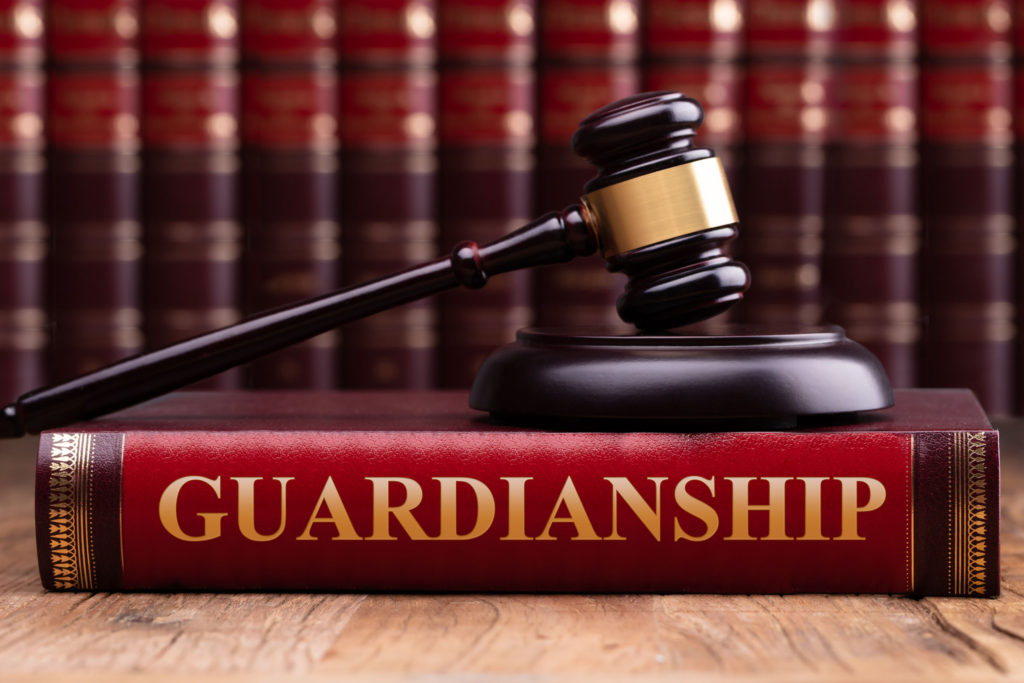
Adult guardianship allows a court to appoint another person to make decisions on behalf of an adult who can no longer manage their own affairs due to age, illness, disability, or cognitive decline. In Oklahoma, this legal arrangement is governed by the Oklahoma Guardianship and Conservatorship Act. This article outlines when adult guardianship is necessary, how to begin the process, and what duties the guardian assumes once appointed.
When Is Adult Guardianship Necessary?
Adult guardianship may be appropriate when a person (called the “ward”) can no longer make sound decisions about their health, finances, or daily life. Common situations include:
- An elderly parent with dementia
- An adult with severe developmental or intellectual disabilities
- Someone who is physically incapacitated and unable to manage affairs
To appoint a guardian, a court must find the person incapacitated or partially incapacitated, meaning they cannot adequately care for themselves or their property. Courts can appoint a guardian over a person, their property, or both, depending on the exact needs of the ward. The guardianship can also be limited in scope if the ward can still make some decisions independently.
Step-by-Step Process to Get Adult Guardianship
1. File a Petition in District Court
The process begins when an interested party (such as a family member, friend, or agency) files a petition for guardianship in the district court of the county where the adult resides. The petition must include:
- The proposed guardian’s name and relationship to the adult
- The adult’s name, age, and address
- Reasons for the guardianship
- A description of the adult’s incapacity or condition
- Whether the guardianship should be limited or full
2. Give Notice to Interested Parties
Oklahoma law requires that all interested parties, including the proposed ward and their relatives, receive proper legal notice of the proceeding, as this ensures everyone has the opportunity to respond or object.
3. Appointment of a Court Evaluator or Guardian ad Litem
The court may appoint a court investigator or guardian ad litem to assess the adult’s condition, speak with relevant parties, and provide a recommendation to the court.
4. Attend the Guardianship Hearing
The court will schedule a hearing to determine whether guardianship is necessary. The proposed guardian must attend and present evidence showing:
- The adult is unable to manage personal or financial affairs
- The guardianship is in the adult’s best interest
- The proposed guardian is suitable and qualified
If the court agrees, it will issue an order of guardianship and may also issue Letters of Guardianship as legal proof of the guardian’s authority.
In some cases, less restrictive alternatives such as powers of attorney, health care proxies, or living trusts can avoid the need for guardianship. But if the adult has already lost legal capacity, these tools may no longer be available.
Responsibilities of a Guardian
Once appointed, the guardian must act in the best interests of the ward. Duties include:
- Making medical and personal care decisions (for guardians of the person)
- Managing bank accounts, real estate, and bills (for guardians of the estate)
- Keeping accurate records and submitting annual reports to the court
- Seeking court approval for major decisions
The court continues to oversee the guardianship through periodic reviews.
Tulsa Guardianship Attorneys
Petitioning for guardianship can be emotionally and legally complex. If you’re hoping to get an adult guardianship, our team at Tulsa Divorce Attorneys and Associates can help. Get a free consultation with a family law attorney by calling 539-302-0303, Or if you like, you can ask a free online legal question by following this link.
